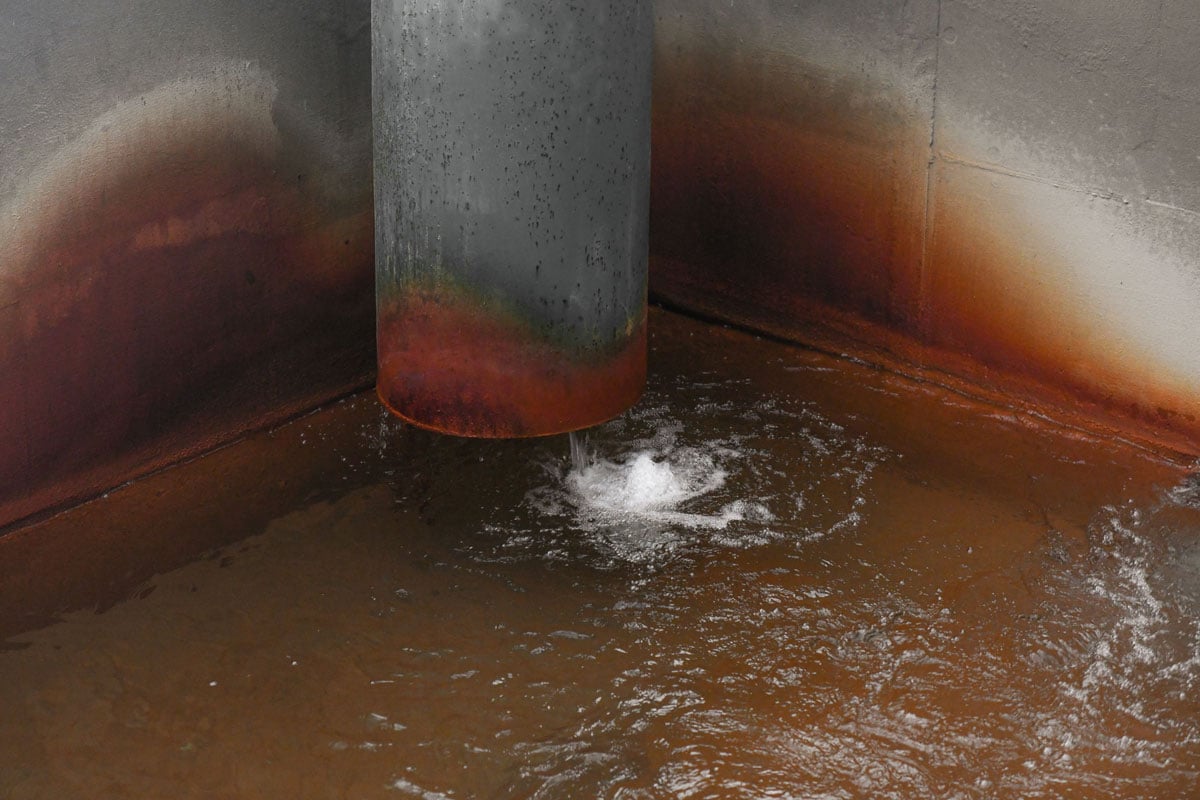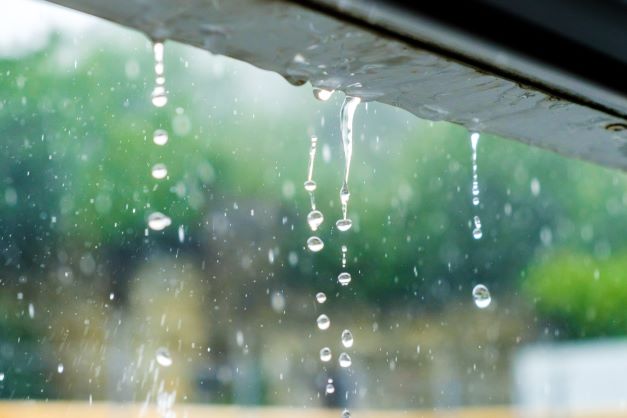How To Clean Up Water In the Basement?

Finding water in the basement is every homeowner’s nightmare. Not only is water in the basement a major hassle to clean up, but it poses the risk of serious damage. Water damage is often seen in flooded basements, leading to structural and foundation damage. Not to mention, all of your items stored in the basement could be ruined.
If you’ve found water in your basement, it’s important to move quickly on remedying the solution. Not sure what to do? Proper protocol is important when entering a flooded basement, to help salvage your items and protect yourself from hazardous conditions. Keep reading to learn more about the best way to clean water up from the basement.
Act Fast
When you notice water in your basement, don’t delay! Problems are made worse by letting them sit. Some local hardware or home improvement stores rent water vacuums which may help clean up small areas. However, in instances of major flooding, you may need a team of water clean-up professionals.
Any home can be at risk for water damage. However, older homes near natural water sources tend to be more likely to have flooding problems. If your home has been prone to water damage in the past, it may be a good idea to call a professional to remedy the issue and prevent further flooding.
Signs of Water Damage
Water damage is easy to spot. If you notice a few inches of water on your basement ground, it’s easy to panic. Water damage can cause single or multiple cracks in floors and walls. It can also make your drains in the basement smell bad. Mold and mildew are a risk, given the warm and moist environment. In some cases, water damage can also cause flaking or tinting on walls and floors. Weather, such as heavy rainfall or snow, is also a leading cause of water damage in basements.
Tips for Water Clean-Up in Basements
If water has risen high enough to touch electrical outlets, turn off your power supply immediately. This is important to help reduce the risk of shock. If you’re not sure how to shut power, call an electrician to help. The next step you should take is to improve ventilation. If there are any windows, open them right away. Fans can help circulate air and begin drying water up.
If you have a dehumidifier, turn it on in the basement (keeping electrical components away from water). This helps reduce the moisture and chances of mold and mildew growth.
If damage is severe, you may wish to take photos. If you have renters or homeowners insurance, your policy may cover water damage claims. You will need photos and documentation of the damage for your insurance claim. Be sure to take all your necessary documentation before you begin the clean-up process.
If possible, the next step should be to aim to identify the source of the leak. This might not always be possible without professional help. A plumber or disaster restoration company such as WeDry USA can help you determine the source of your water damage. Then, they can help you act quickly to remedy the situation and prevent further damage to your basement and home.
What Causes Water in Basements
There are several reasons why you might find water in your basement. These include faulty sub pumps, leaks around windows, sewage backups, foundational damage, and more. If your basement is flooded with raw sewage or dirty floodwater, this may cause contamination with harmful chemicals and bacteria.
You may not be able to salvage all of your items. Anything that is contaminated must be trashed. If some items are not wet, remove them from the moist basement as soon as possible.
If you’ve noticed water in your basement, calling a water damage remediation company can help. WeDryUs offers water damage clean-up to help you tackle water in your basement.


